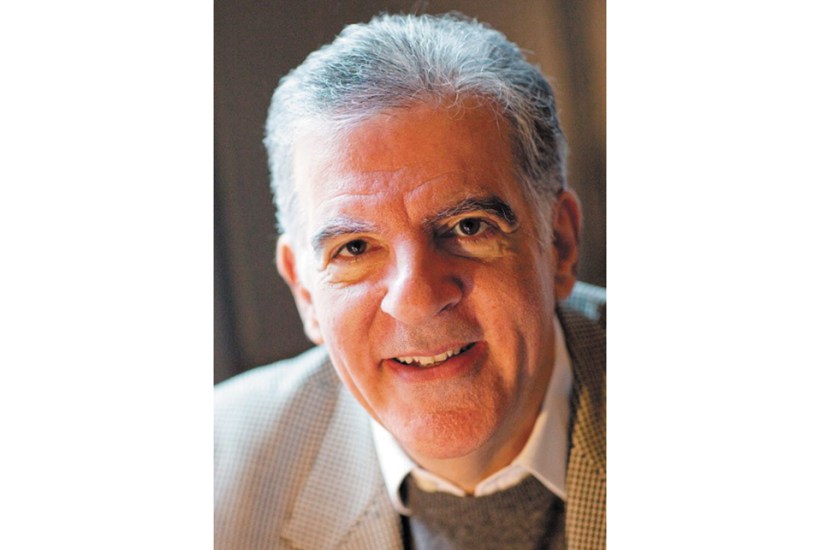Michael Arditti’s 13th novel The Choice is full of tough moral conundrums. The central dilemma facing Clarissa Phipps, the rector of St Peter’s Church in Tapley, Cheshire, is particularly knotty. Should she remove the church’s panels depicting a troublingly sensuous Eden, painted by the degenerate artist Seward Wemlock in the 1980s, or leave them to stand? Can, in short, an artist’s life ever be disassociated from their work?
This is a hot potato, one with which Arditti grapples using endless reserves of theological nuance. By juxtaposing Clarissa’s choice with others she has to make in her life (and the original choices made by Adam and Eve in eating the forbidden fruit), he amplifies the moral complexities behind our hardest decisions. In 2019, Clarissa is 54, married to Marcus, an art historian, with a teenage son. When she discovers her chief bellringer molesting an adolescent boy, she has to choose between her parish friendships and her duty of care. Only the bellringer’s suicide stops Tapley’s tittle-tattle and plunges the book into darker territory.
We then flash back to 1987, when the recently graduated Clarissa is fighting for the ordination of women priests while working in the BBC’s religious affairs department. Sent with her then-fiancé Marcus to interview Seward as he works on the church’s murals, she finds the artist to be a religiose amalgam of Augustus John, Eric Gill and Caravaggio. It turns out he’s using Tapley’s residents as models, including his daughter Lauren, with whom he is rumoured to have had an incestuous relationship, for Eve. Repulsed, yet also dazzled, she admits that Seward’s views help her reconsider the doctrine of the Fall. How, the libertine artist slyly suggests, could Adam and Eve know their nakedness was wrong? A choice cannot be a choice if the chooser sees nothing at stake.
This and other conundrums are addressed when the action returns to 2019. Clarissa comes to see Seward’s Eden as a work ‘that was made, not to justify the ways of God to man, but the ways of Seward to God’. She also realises how her failure to act swiftly on the rumours about Seward in the past – and to deal with the bellringer in the present – have led to calamity, illustrating that all we need for evil to flourish is for good men to do nothing.
Arditti complicates this easy insight by demonstrating how hard it is for us to make correct choices without the benefit of hindsight. In a novel bursting with intellectual richness and joyously acidic dialogue, it’s fitting he ends on a deliciously poised note – a question rather than an answer.
Got something to add? Join the discussion and comment below.
Get 10 issues for just $10
Subscribe to The Spectator Australia today for the next 10 magazine issues, plus full online access, for just $10.
You might disagree with half of it, but you’ll enjoy reading all of it. Try your first month for free, then just $2 a week for the remainder of your first year.








Comments
Don't miss out
Join the conversation with other Spectator Australia readers. Subscribe to leave a comment.
SUBSCRIBEAlready a subscriber? Log in